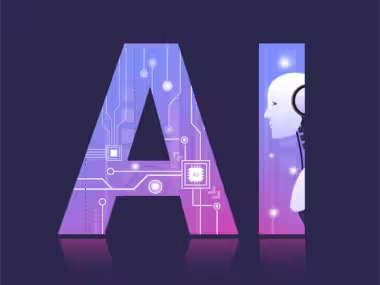A New Era in Education
In recent years, the rise of online learning platforms have revolutionized the education landscape. Traditional classrooms, once the dominant mode of education, now share the stage with virtual classrooms that offer unparalleled accessibility and flexibility. These platforms, leveraging the power of the internet, have democratized education, making it available to anyone with a computer and an internet connection.
Flexibility and Convenience
Online learning platforms offer an unprecedented level of convenience. Students no longer need to adhere to a rigid schedule or commute to a physical location. Instead, they can access course materials at any time, from anywhere. This flexibility is particularly beneficial for working professionals, parents, and individuals with other commitments. For example, a full-time employee can take evening courses or a stay-at-home parent can study during nap times, fitting education seamlessly into their daily lives.
A Wealth of Resources
These platforms provide a vast array of resources that cater to different learning styles. Interactive videos, quizzes, discussion forums, and downloadable materials enhance the learning experience. Additionally, many platforms offer access to expert instructors and industry professionals who provide valuable insights and real-world knowledge. By incorporating multimedia and diverse teaching methods, online learning platforms ensure that students remain engaged and retain information more effectively.
Personalized Learning Paths
One of the most significant advantages of online learning platforms is the ability to create personalized learning paths. Adaptive learning technologies assess a student’s progress and adjust the curriculum accordingly. This customization helps address individual strengths and weaknesses, allowing learners to progress at their own pace. Consequently, students experience a more tailored and effective educational journey, which can lead to better outcomes and a deeper understanding of the subject matter.
Global Connectivity
Online learning platforms have bridged geographical gaps, connecting students and educators from around the world. This global connectivity fosters a diverse learning environment where students can gain perspectives from different cultures and backgrounds. For instance, a student in India can take a course from a university in the United States, enriching their educational experience with international insights and collaborations. Such interactions prepare students for the increasingly globalized job market.
Cost-Effective Education
Traditional education often comes with hefty tuition fees, accommodation costs, and additional expenses. In contrast, online learning platforms offer a more cost-effective alternative. Many platforms provide free courses or affordable subscription models, making high-quality education accessible to a broader audience. This affordability, combined with the elimination of commuting and housing costs, makes online learning an attractive option for many students.
Continuous Learning and Skill Development
In today’s fast-paced world, continuous learning and skill development are crucial. Online learning platforms facilitate lifelong learning by offering courses in various subjects, from technical skills to personal development. Professionals can stay updated with industry trends, acquire new skills, and enhance their qualifications without interrupting their careers. This ongoing education is essential in an era where job roles and required skills constantly evolve.
The Future of Online Learning
The future of education lies in the continued evolution and the rise of of online learning platforms. As technology advances, these platforms will become even more sophisticated, incorporating artificial intelligence, virtual reality, and augmented reality to create immersive learning experiences. Institutions and educators must embrace these changes and adapt to the new landscape, ensuring that education remains relevant and effective.
In conclusion, online learning platforms have transformed education, making it more accessible, flexible, and personalized. They offer a wealth of resources, foster global connectivity, and provide cost-effective learning opportunities. As we look to the future, the potential for online learning to shape and enhance our educational experiences is boundless. Embracing this change will be essential for students, educators, and institutions alike.






